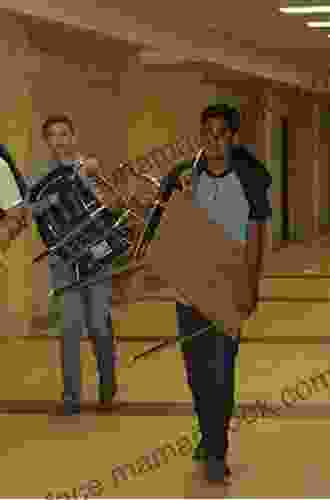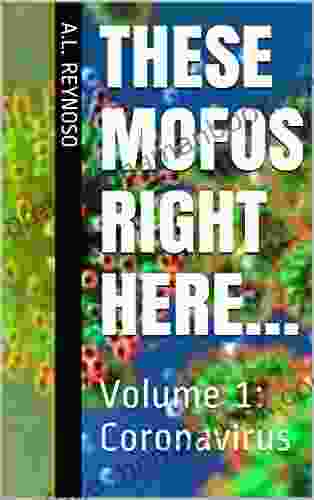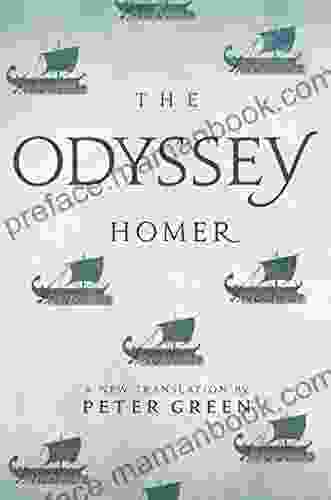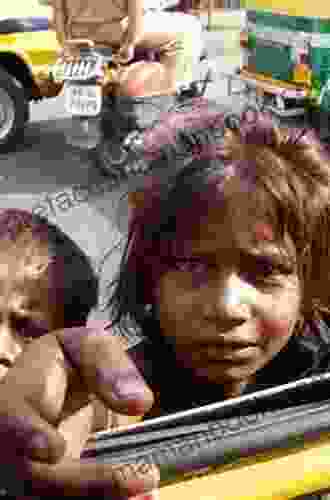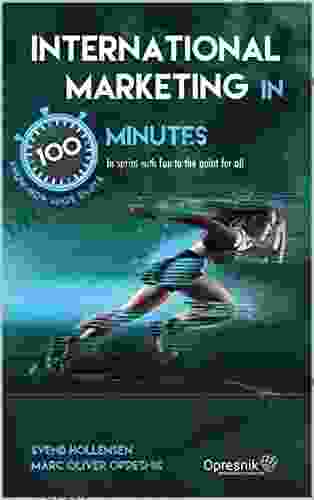Moving Beyond Basics: Enhancing Language and Literacy in Secondary Classrooms

In the ever-evolving landscape of education, it is imperative that secondary teachers move beyond the foundational elements of language and literacy instruction and embrace innovative approaches that foster critical thinking, creativity, and lifelong learning. This article explores strategies and techniques that educators can implement to elevate their language and literacy practices, empowering students to become confident and proficient communicators.
Beyond Decoding: Fostering Critical Reading and Analysis
Effective literacy instruction goes beyond teaching students to decode words; it involves equipping them with the skills to comprehend and critically analyze complex texts. Teachers can facilitate this process by incorporating critical reading strategies into their lessons.
4.6 out of 5
| Language | : | English |
| File size | : | 2555 KB |
| Text-to-Speech | : | Enabled |
| Screen Reader | : | Supported |
| Enhanced typesetting | : | Enabled |
| Word Wise | : | Enabled |
| Print length | : | 216 pages |
- Questioning: Encourage students to ask questions before, during, and after reading to enhance comprehension and provoke deeper thinking.
- Inferencing: Guide students to draw s and make inferences based on textual evidence, fostering critical thinking and problem-solving abilities.
- Summarizing and Paraphrasing: Instruct students to summarize and paraphrase key points, developing their ability to synthesize information and express it in their own words.
- Annotating: Empower students to interact with texts actively by highlighting, underlining, and making notes, enhancing understanding and fostering close reading.
Expanding Vocabulary: Building a Foundation for Language Proficiency
A robust vocabulary is essential for effective communication and literacy development. Secondary teachers can employ various strategies to expand students' vocabulary base.
- Vocabulary Lists: Provide students with targeted vocabulary lists related to specific units or topics, introducing new words and their definitions.
- Contextual Learning: Integrate vocabulary instruction into reading and writing activities, exposing students to new words in meaningful contexts.
- Word Walls: Display vocabulary posters or create student-generated word walls to reinforce the acquisition of new words.
- Etymology and Word Study: Explore the origins and relationships of words, helping students understand their meanings and nuances.
Developing Writing Fluency and Proficiency
Writing is a foundational literacy skill that allows students to express their thoughts, ideas, and perspectives. To enhance writing fluency and proficiency, teachers can implement the following strategies:
- Process Writing: Introduce the concept of writing as a process involving planning, drafting, revising, and editing, promoting fluency and improvement.
- Freewriting and Journaling: Encourage students to engage in freewriting or journaling exercises to generate ideas, practice writing, and develop their voices.
- Model Texts: Provide students with exemplary writing samples to analyze and emulate, inspiring their own writing style and quality.
- Peer Review and Feedback: Facilitate peer review sessions where students offer constructive criticism and feedback, fostering growth and refinement.
Harnessing Technology to Enhance Literacy
Technology can be a powerful tool in enhancing literacy instruction. Teachers can utilize various technological resources to support and extend student learning.
- Digital Reading Tools: Implement digital reading tools, such as e-readers, audiobooks, and text-to-speech software, to cater to diverse learning styles and promote accessibility.
- Online Writing Platforms: Leverage online writing platforms to provide students with opportunities to collaborate, share their work, and receive feedback from peers.
- Interactive Games and Simulations: Integrate interactive games and simulations into lessons to engage students and reinforce literacy concepts in a fun and engaging manner.
- Research Tools: Utilize online research tools and databases to support students' research and inquiry processes, fostering critical thinking and information literacy.
Promoting Collaboration and Critical Discourse
Collaborative learning and critical discourse are essential elements of a dynamic and engaging literacy classroom. Teachers can foster these practices by implementing the following strategies:
- Group Projects: Assign group projects that require students to collaborate on research, writing, or presentations, promoting teamwork and communication skills.
- Socratic Seminars: Facilitate Socratic seminars, where students engage in structured discussions and critical thinking exercises, developing their ability to articulate their ideas and defend their viewpoints.
- Student-Led Discussions: Empower students to lead discussions on selected texts or topics, fostering their ownership of learning and critical engagement.
- Cross-Curricular Projects: Collaborate with teachers from other disciplines to integrate literacy skills into interdisciplinary projects, providing students with authentic and meaningful learning experiences.
Moving beyond the basics in the secondary classroom language literacy environment requires a commitment to innovation and excellence. By embracing the strategies and techniques outlined in this article, educators can transform their classrooms into vibrant hubs of learning, fostering critical thinking, creativity, and lifelong literacy skills. When students are equipped with these essential abilities, they are empowered to succeed in higher education, the workforce, and beyond, becoming articulate and informed global citizens.
4.6 out of 5
| Language | : | English |
| File size | : | 2555 KB |
| Text-to-Speech | : | Enabled |
| Screen Reader | : | Supported |
| Enhanced typesetting | : | Enabled |
| Word Wise | : | Enabled |
| Print length | : | 216 pages |
Do you want to contribute by writing guest posts on this blog?
Please contact us and send us a resume of previous articles that you have written.
 Top Book
Top Book Novel
Novel Fiction
Fiction Nonfiction
Nonfiction Literature
Literature Paperback
Paperback Hardcover
Hardcover E-book
E-book Audiobook
Audiobook Bestseller
Bestseller Classic
Classic Mystery
Mystery Thriller
Thriller Romance
Romance Fantasy
Fantasy Science Fiction
Science Fiction Biography
Biography Memoir
Memoir Autobiography
Autobiography Poetry
Poetry Drama
Drama Historical Fiction
Historical Fiction Self-help
Self-help Young Adult
Young Adult Childrens Books
Childrens Books Graphic Novel
Graphic Novel Anthology
Anthology Series
Series Encyclopedia
Encyclopedia Reference
Reference Guidebook
Guidebook Textbook
Textbook Workbook
Workbook Journal
Journal Diary
Diary Manuscript
Manuscript Folio
Folio Pulp Fiction
Pulp Fiction Short Stories
Short Stories Fairy Tales
Fairy Tales Fables
Fables Mythology
Mythology Philosophy
Philosophy Religion
Religion Spirituality
Spirituality Essays
Essays Critique
Critique Commentary
Commentary Glossary
Glossary Bibliography
Bibliography Index
Index Table of Contents
Table of Contents Preface
Preface Introduction
Introduction Foreword
Foreword Afterword
Afterword Appendices
Appendices Annotations
Annotations Footnotes
Footnotes Epilogue
Epilogue Prologue
Prologue D Celestino
D Celestino Claire Potter
Claire Potter Jenna Nelson
Jenna Nelson Flora Madison
Flora Madison Carlo Ancelotti
Carlo Ancelotti Emkay Connor
Emkay Connor Vasavi R
Vasavi R Blue Skeleton
Blue Skeleton Pauline Nelson
Pauline Nelson Derek Walcott
Derek Walcott J J Zerr
J J Zerr Ron Avi Astor
Ron Avi Astor Benjamin Douglas
Benjamin Douglas Shelly Laurenston
Shelly Laurenston Annalee G Good
Annalee G Good Thomas Asbridge
Thomas Asbridge Tiffany Brice Ferguson
Tiffany Brice Ferguson Gerald Meyers
Gerald Meyers Rena Sims
Rena Sims Seth Stephens Davidowitz
Seth Stephens Davidowitz
Light bulbAdvertise smarter! Our strategic ad space ensures maximum exposure. Reserve your spot today!
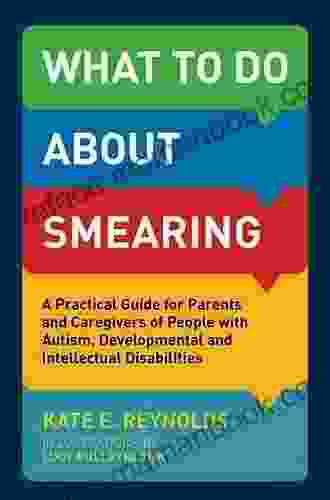
 Enrique BlairA Comprehensive Guide for Parents and Caregivers of Individuals with Autism...
Enrique BlairA Comprehensive Guide for Parents and Caregivers of Individuals with Autism...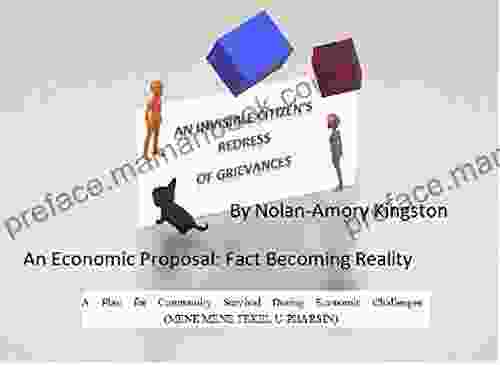
 Frank ButlerAn Invisible Citizen's Redress of Grievances: A Comprehensive Examination of...
Frank ButlerAn Invisible Citizen's Redress of Grievances: A Comprehensive Examination of... Eric NelsonFollow ·19.1k
Eric NelsonFollow ·19.1k Federico García LorcaFollow ·19.9k
Federico García LorcaFollow ·19.9k Christopher WoodsFollow ·19.5k
Christopher WoodsFollow ·19.5k Gene SimmonsFollow ·16.7k
Gene SimmonsFollow ·16.7k Pablo NerudaFollow ·5.4k
Pablo NerudaFollow ·5.4k Jacques BellFollow ·5.6k
Jacques BellFollow ·5.6k Jarrett BlairFollow ·17.9k
Jarrett BlairFollow ·17.9k William ShakespeareFollow ·17.6k
William ShakespeareFollow ·17.6k
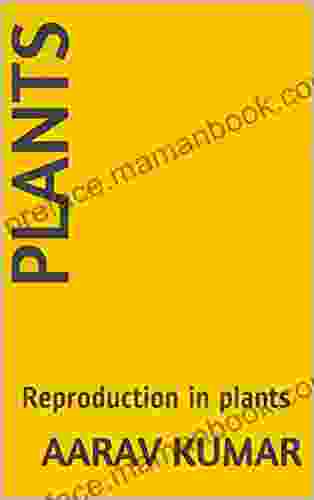
 Vincent Mitchell
Vincent MitchellUnveiling the Enchanting Tale of Plant Reproduction: A...
Plants, the silent yet vibrant...
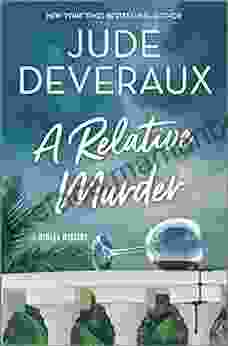
 Sam Carter
Sam CarterDelve into the Enigmatic World of "Relative Murder: A...
In the realm of mystery and suspense, the...
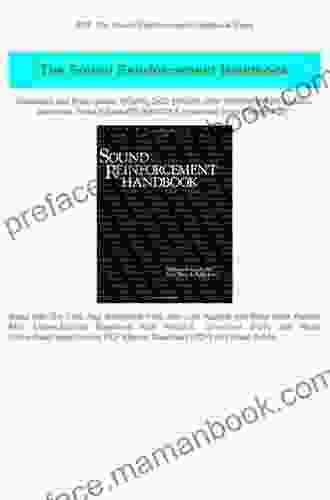
 Richard Simmons
Richard SimmonsThe Sound Reinforcement Handbook: A Comprehensive Guide...
In the realm of live sound engineering, The...
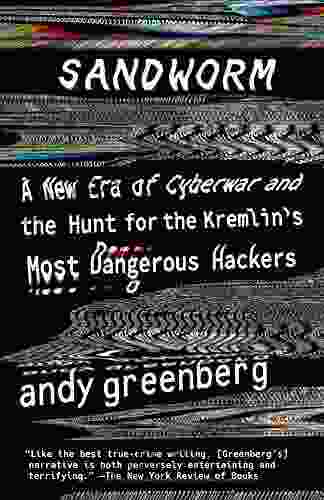
 Leo Tolstoy
Leo TolstoyEnter the New Era of Cyberwar: Unmasking the Kremlin's...
`` Prologue: The Digital...
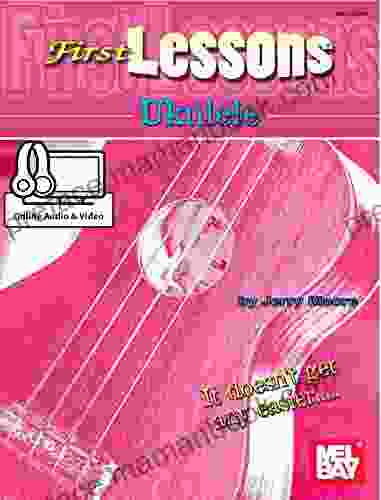
 Brenton Cox
Brenton CoxFirst Lessons Ukulele Bridget Baker: A Comprehensive...
Embarking on a musical journey with the...
4.6 out of 5
| Language | : | English |
| File size | : | 2555 KB |
| Text-to-Speech | : | Enabled |
| Screen Reader | : | Supported |
| Enhanced typesetting | : | Enabled |
| Word Wise | : | Enabled |
| Print length | : | 216 pages |


